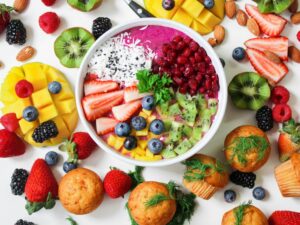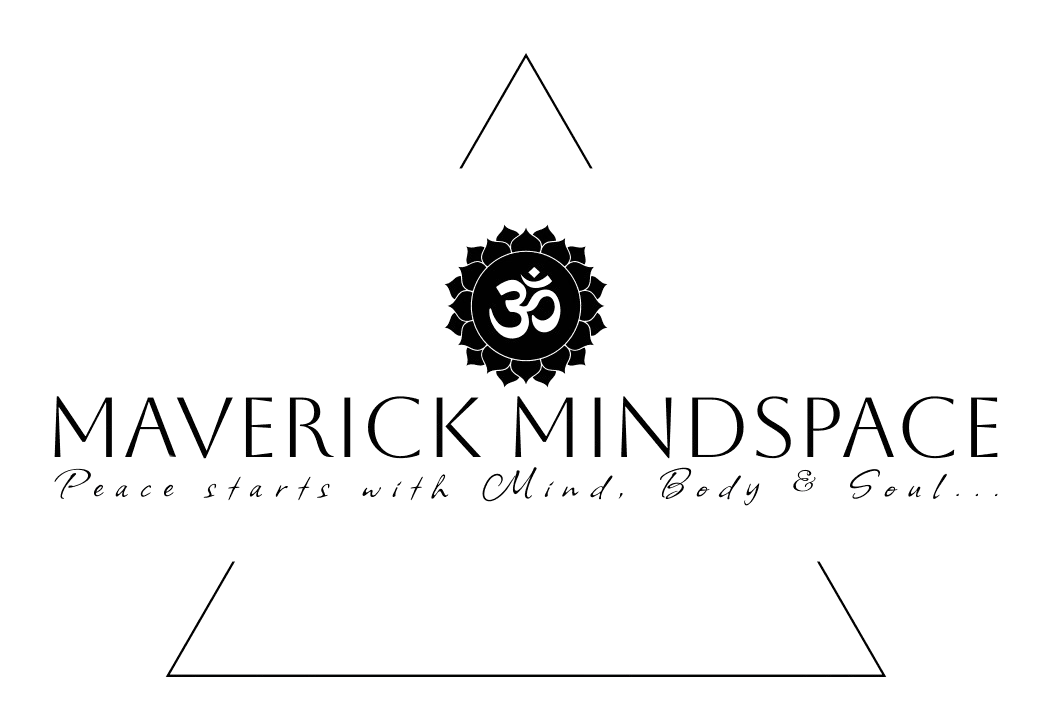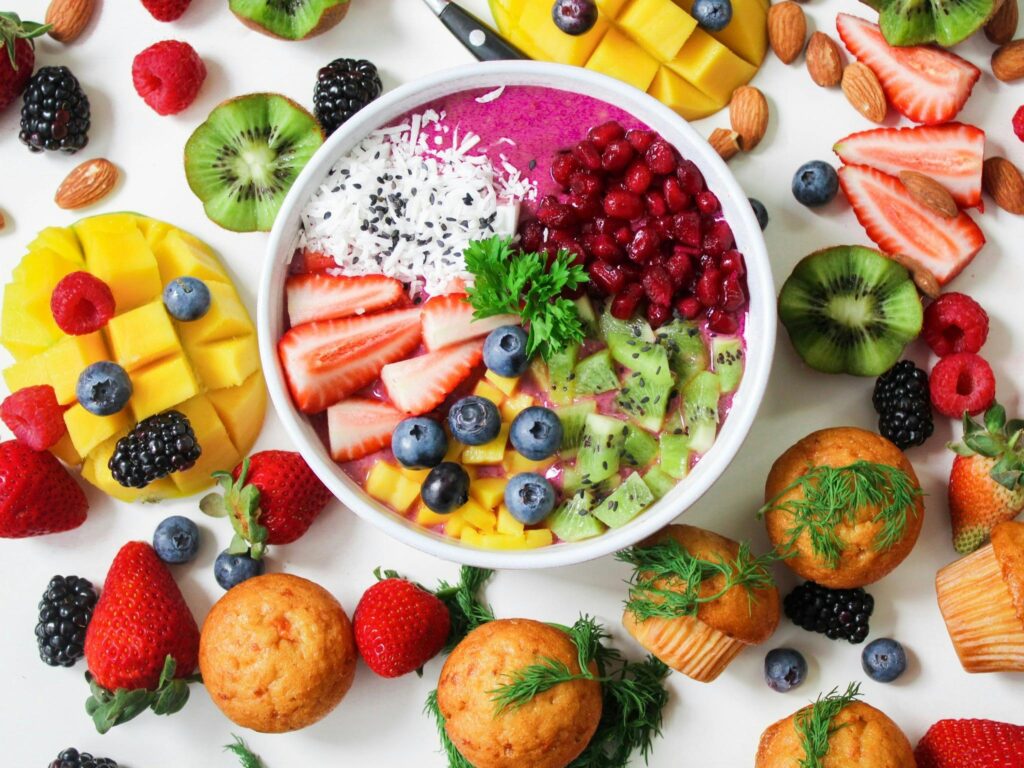🛌 From Restless to Rested: 9 Best Foods That Help You Sleep Naturally
A Country That Can’t Sleep: The Hidden Sleep Crisis in the U.S.
Sleep has quietly become a luxury in our culture that is constantly on. Millions of people in the US stay up all night looking at their phones, going over unpleasant conversations, or fighting anxiety beneath dull blue-lit displays. The CDC says that one in three people in the U.S. doesn’t get enough sleep, which leads to significant deterioration of their mental health.
You’re not the only one who feels this way. The answer may not be in your medical cabinet but in your kitchen.
This guide explores foods that help you sleep naturally backed by science to help you sleep. It is based on research and a deeper understanding of sleep-promoting foods and how nutrition affects your mind, body, and sleep. If you want to regain your calm at night in a natural way, start with what’s on your plate.
🧠 The Science of Sleep & Nutrition: Foods That Help You Sleep Naturally
Your sleep-wake cycle is governed by a delicate balance of hormones and neurotransmitters—especially melatonin, serotonin, GABA, and cortisol. What you eat can deeply influence this system:
This is how it works:
- Tryptophan is an amino acid that is present in a lot of protein-rich meals. It helps your brain make serotonin, which turns into melatonin, the “sleep hormone,” which is one type of happy hormone.
- Magnesium and potassium soothe the nervous system via controlling GABA activity, which is your body’s natural “chill pill.”
- B vitamins and omega-3s help keep your brain healthy and your circadian rhythm in check.
In short, food fuels your body not just during the day but also while you rest.

🥗 9 Foods That Help You Sleep Naturally (Backed by Research)
🍒 Sour Cherries – Natural Melatonin Boost: Tart cherries are one of the few natural foods that contain melatonin. Studies suggest that they help people sleep longer and more soundly, which is beneficial for those who struggle with sleep.
Tips: Drink a glass of tart cherry juice one to two hours before bed.
🥜 Almonds—Magnesium-Rich Snack to Lower Cortisol: Almonds are high in magnesium, which lowers cortisol (the stress hormone) and helps muscles relax.
Tips: A small handful of almonds is a great snack before bed.
🥝 Kiwi – Improves Sleep Onset and Duration: Kiwi is low in calories and high in serotonin and antioxidants. It may help you fall asleep faster and stay asleep longer. Research found that those who ate kiwi before bed fell asleep 42% quicker.
Tips: After supper, cut a kiwi to help you relax.
🍵 Chamomile Tea – Herbal Apigenin That Calms the Mind: This herbal tea isn’t technically food, but it does contain apigenin, an antioxidant that binds to brain receptors and makes you sleepy.
Tips: As part of your nightly routine, drink warm chamomile tea.
🌰 Walnuts—Offer Omega-3s and Melatonin: Walnuts are full of omega-3s, melatonin, and tryptophan, which help keep your body’s internal clock in sync.
Tips: Add them to your cereal or salad at night.
🍌 Bananas—Potassium + Vitamin B6 to Calm Muscles: Bananas are a good source of magnesium, potassium, and vitamin B6, all of which help your brain utilize tryptophan well.
Tips: One banana before bed will relax your muscles and raise your serotonin levels.
🍗 Turkey – Rich in Tryptophan and Protein: There is some truth to the idea that turkey makes you sleepy on Thanksgiving. This is because turkey includes a lot of tryptophan and protein, which might make you sleepy.
Tips: Add some lean turkey to your meal for a calm night.
🥣 Oatmeal – Complex Carbs That Support Tryptophan Transport: Melatonin and complex carbohydrates in oats help more tryptophan get to the brain.
Tips: Choose unsweetened porridge with almond milk and banana.
🐟 Fatty Fish (Salmon, Tuna, Mackerel) – Omega-3s & Vitamin D: These are full of omega-3 fatty acids and vitamin D, both of which assist in controlling serotonin. Research shows that those who eat fatty fish sleep better and longer.
Tips: Try to eat 2–3 servings a week, with supper being the best time.
🌙 Natural Sleep Habits That Enhance Results
To get the most from foods that help you sleep naturally, combine them with smart sleep hygiene habits:
Screen Detox Journal: Limit blue light 1–2 hours before bed.
Daily Habit Tracker: Monitor water, screen time, meals, and mindfulness.
Yoga Nidra & Meditation: Trigger the parasympathetic nervous system.
Sunlight Exposure: 15–20 minutes daily to regulate circadian rhythm.
Read Before Bed: Avoid screens—try soothing paperbacks instead.
🌿 My Story: How Food Helped Me Heal My Sleeplessness
For a long time, I thought that sleeplessness was just a sign of stress, something I could get over by working hard or pushing through. I didn’t believe it. I told myself, “It’s just a phase.” But every night, the stillness became worse. I was out of energy. I lost my focus. I wasn’t just tired; I was falling apart. My mental health was worsened.
Anxiety and depression didn’t come on suddenly into my life. They slowly came in via lengthy hours of computer time, mental exhaustion, and missed meals. I stopped feeling like myself. I wasn’t living; I was just surviving.
I remember being up at 2 AM, with my mind racing and my body feeling heavy. No one cried. It was just a constant pain and a growing sense of being cut off from my old self. That night, something changed. I didn’t make a big promise; instead, I made a little one: “I will start small.” I will become better with time.
I changed my attention to simplicity. I began to change my routine, but not in big ways. Instead, I listened to the cues my body had been sending me all along.
I started eating salads full of leafy greens, not to lose weight, but to feel better and improve my gut health.
I utilized boiled eggs, which are a natural source of tryptophan and protein, to boost my energy.
I drank turmeric milk before bed since it was warm, helped with inflammation, and was a common thing to do.
I added ashwagandha tablets to my regimen since they are known to reduce cortisol levels and improve the body’s reaction to stress.
I ate more oranges and amla to get more vitamin C, which is good for my adrenal health.
I kept going after that. By 9 PM, I had turned off all the electronics and written one honest page in my diary every night. I focused on foods that help you sleep naturally.
The goal was not to fix everything right away. It was a slow process of rebuilding trust in my body, one moment at a time.
James Clear expressed it well in Atomic Habits:
You don’t reach the level of your goals. You go down to the level of your systems.
I started building methods that I could truly keep up with and that were easy to use. Slowly, like the morning, peace returned. My sleep became deeper. The fog in my mind cleared. I began to feel light again. Come back.
I didn’t become a new person at that time; instead, I reconnected with the part of myself that had been quietly waiting under the noise.
“Sometimes, healing isn’t obvious.” Sometimes it begins in silence, with a cup of turmeric milk, a deep breath, and a gentle reconnecting with oneself.
❓ Frequently Asked Questions
Q1. Can food truly affect sleep quality?
Yes, for sure. Nutrients affect the hormones and neurotransmitters that control sleep patterns.
Q2. When should these sleep foods be eaten?
For best benefits, eat it 1 to 2 hours before bed.
Q3. Are small bedtime snacks OK?
Yes, little snacks that are high in nutrients are best. Don’t eat heavy or sugary foods close to sleep.
Q4. Which foods to avoid at night?
Sleep may be disturbed by caffeine, alcohol, sweets, spicy meals, and junk food that has been processed.
Q5. Do supplements work better than food?
Food is frequently easier for the body to use and has fewer adverse effects. However, supplements may be helpful with medical advice.
🧘♀️ Final Thoughts: Healing Starts with What’s on Your Plate
“Let food be thy medicine and medicine be thy food.” — Hippocrates
Sleep is not a luxury; it’s a basic need for healing, strength, and mental wellness. Start small if you’re feeling lost, tired, or trapped in the tempest of contemporary life. Begin with food.
You’re taking the first step toward becoming better—not just at night, but throughout your entire life—by learning how what you eat affects how you sleep and food for mental health.
Begin with small, consistent changes—starting with foods that help you sleep naturally and ease your anxiety.


9 Best Foods That Help You Sleep Naturally—Backed by Science & Real Stories
Discover the top science-backed foods that help you sleep better. Improve your sleep naturally with simple dietary changes and feel well-rested again.

10 Emotional and Scientific Signs You are Losing Yourself (And How to Begin Healing)
Feeling like a stranger in your own life? Discover 10 emotional and scientific signs you are losing yourself—and the tools to come home again.

4 Brilliant Ways to Productively Use Your Screen Time for Mental Wellness
Learn how to productively use your screen time to boost mental clarity, reduce anxiety, and improve digital wellness. Includes tracker + real story.

7 Powerful Ways Running Improves Mental Health (Backed by Science)
Discover how running improves mental health with 7 science-backed benefits and a real-life journey of healing, clarity, and purpose.

How Stress and Premature Grey Hair Are Linked: 7 Shocking Facts
Discover ways stress and premature grey hair are related and what you can do to reverse it. Learn science-backed tips to protect your hair and mental health.

40 Uplifting Quotes to Ease Anxiety and Calm an Overthinking Mind
Discover 40 calming anxiety quotes to ease anxiety. Feel grounded, supported, and peaceful when you’re overwhelmed. Perfect for your mental health journey.

